U.S. Sends 100 Vehicles to Reinforce Syria Occupation: Presence Remains Illegal and Opposed By Damascus

U.S. Army Convoy in Syria
The U.S. Military has deployed two convoys of around 60 and 40 vehicles into Syria across the country’s eastern border, which reinforce a U.S.-led occupation of the country’s oil rich regions.
The U.S. Military has deployed two convoys of around 60 and 40 vehicles into Syria across the country’s eastern border, which reinforce a U.S.-led occupation of the country’s oil rich regions.
The convoys included several armoured vehicles. U.S. forces in Syria deploy M1 Abrams and M2 Bradley armoured combat vehicles, and have frequently clashed with Syrian government forces and government-aligned militias.
The U.S. military presence is considered illegal as it is opposed by Damascus and lacks United Nations Security Council authorisation.
It has involved illegally appropriating Syrian oil which American sources claim finance Western-aligned militias supporting its presence. Alongside U.S. forces, special forces from France, Britain and Norway have also deployed in supporting roles to further Western objectives there.


U.S. Army Ground Forces in Syria
Military deployments and associated oil appropriation, paired with Western economic sanctions, have been intended to place pressure on the Syrian government which has been a longstanding Western adversary since the early years of the Cold War.
Military deployments and associated oil appropriation, paired with Western economic sanctions, have been intended to place pressure on the Syrian government which has been a longstanding Western adversary since the early years of the Cold War.
With the majority of the country under government control, however, and with Western-backed insurgents across the large majority of the country having been defeated by 2019, Syria has proceeded with reconstruction with support from non-Western countries most notably China and Russia.
The strengthening of the U.S. presence in the northeast of the country, however, may be in preparation for placing further pressure on Damascus or carrying out additional operations. Although the U.S. presence in Syria is not large, it is supported by a network of bases across the Middle East and a range of naval assets able to quickly provide backing in case the occupation is challenged.
.jpg)
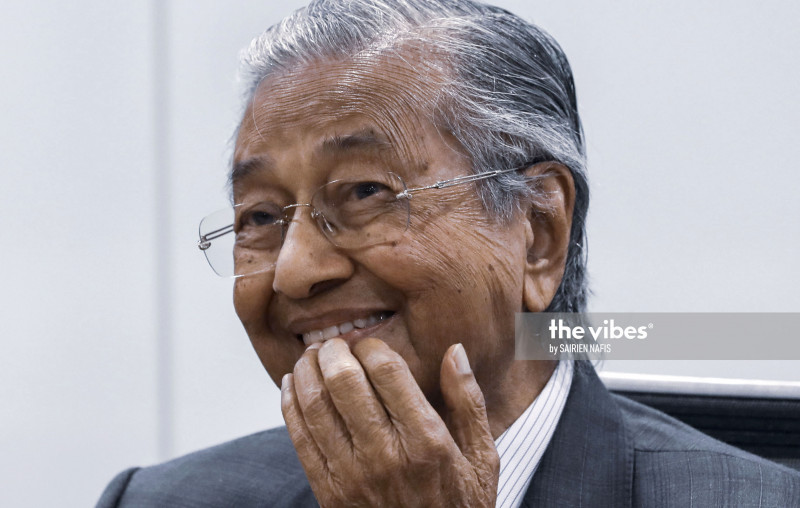
.jpg)

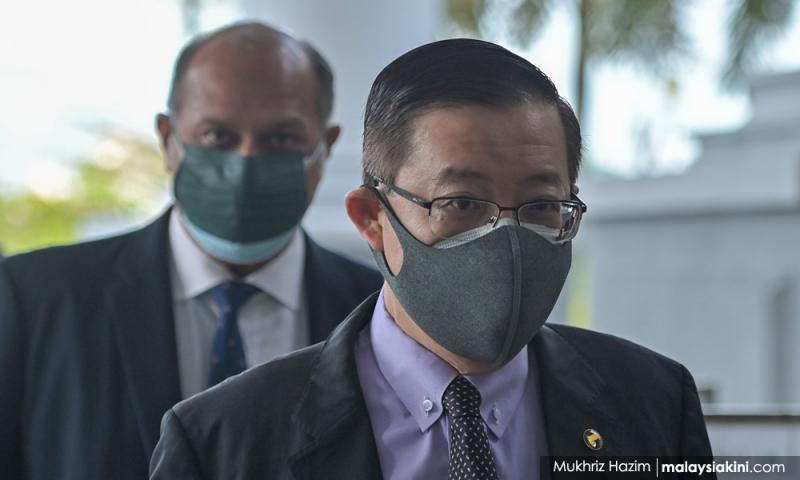
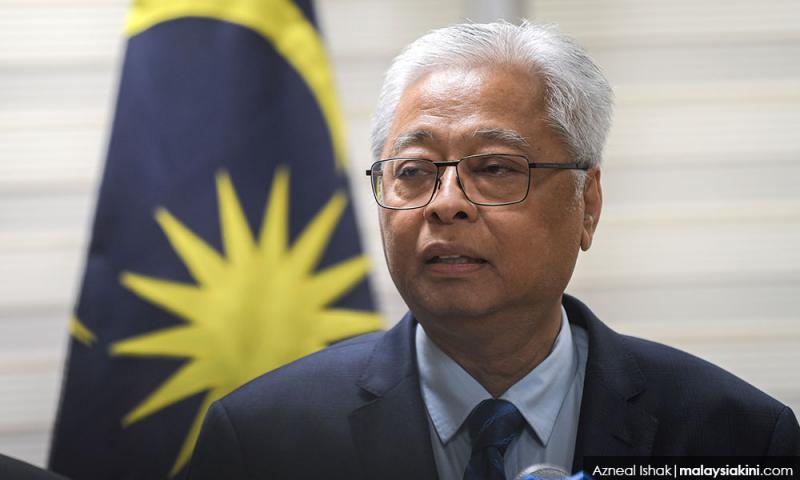
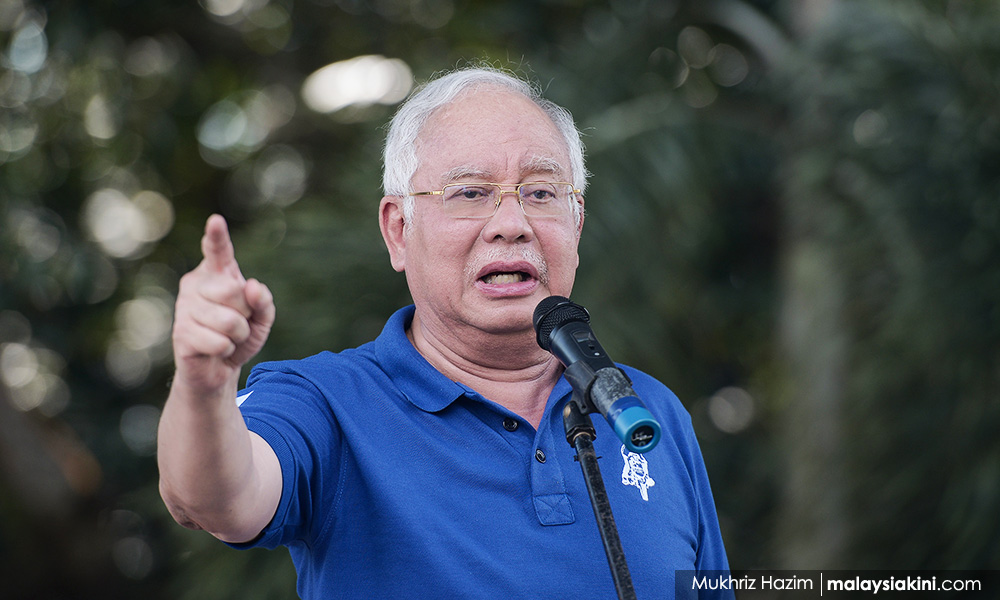




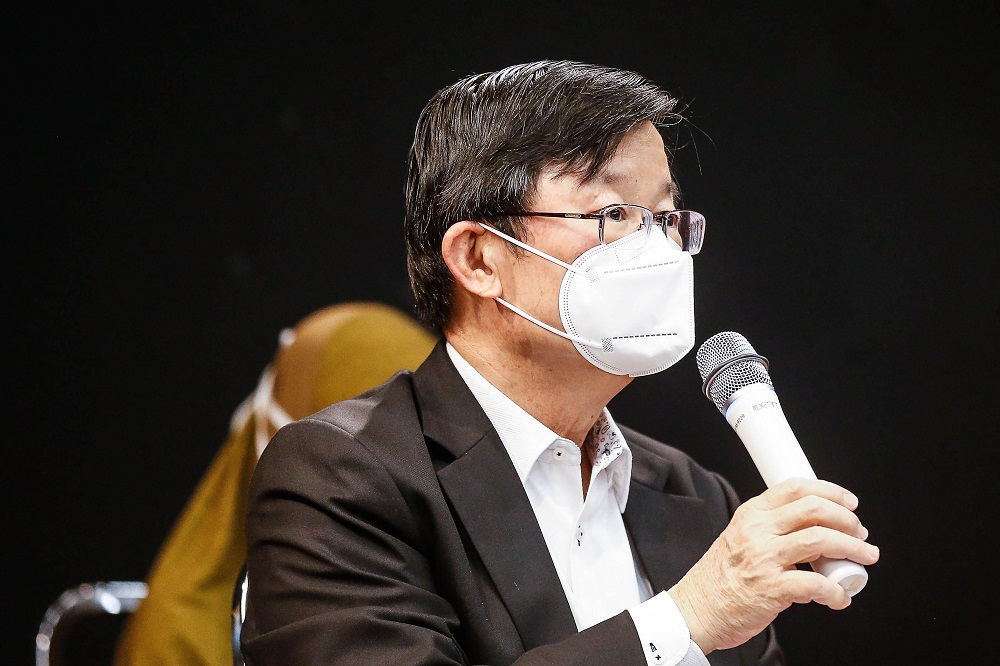





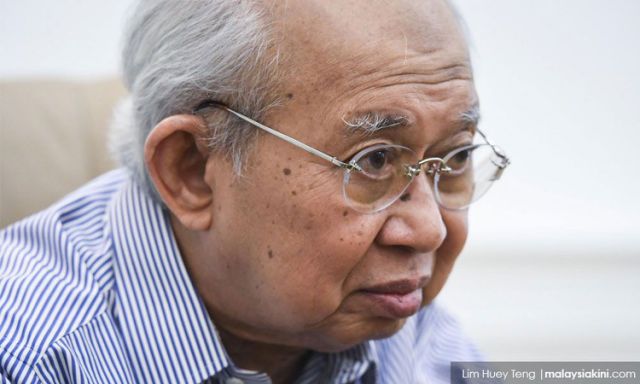
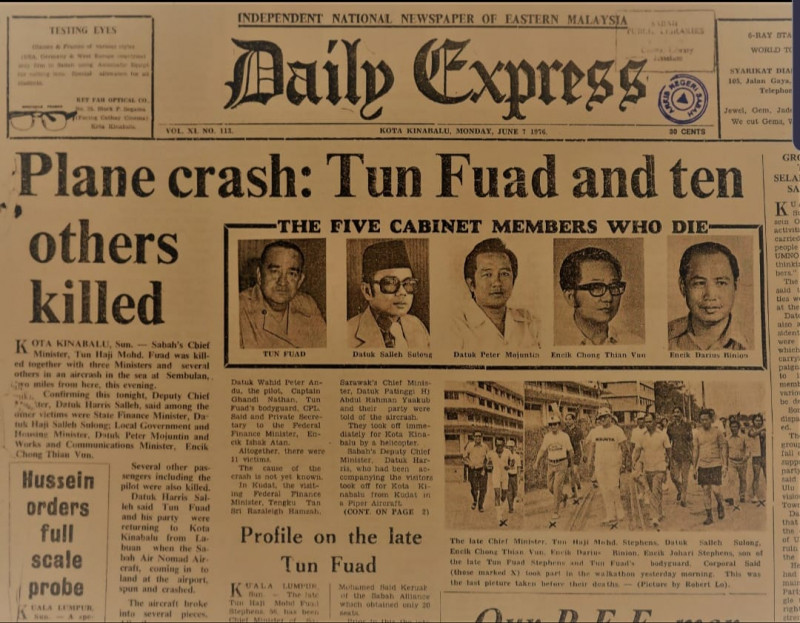





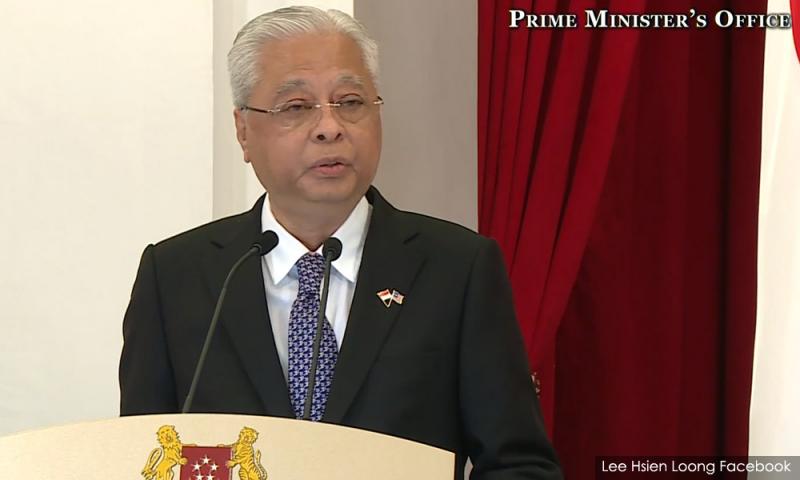
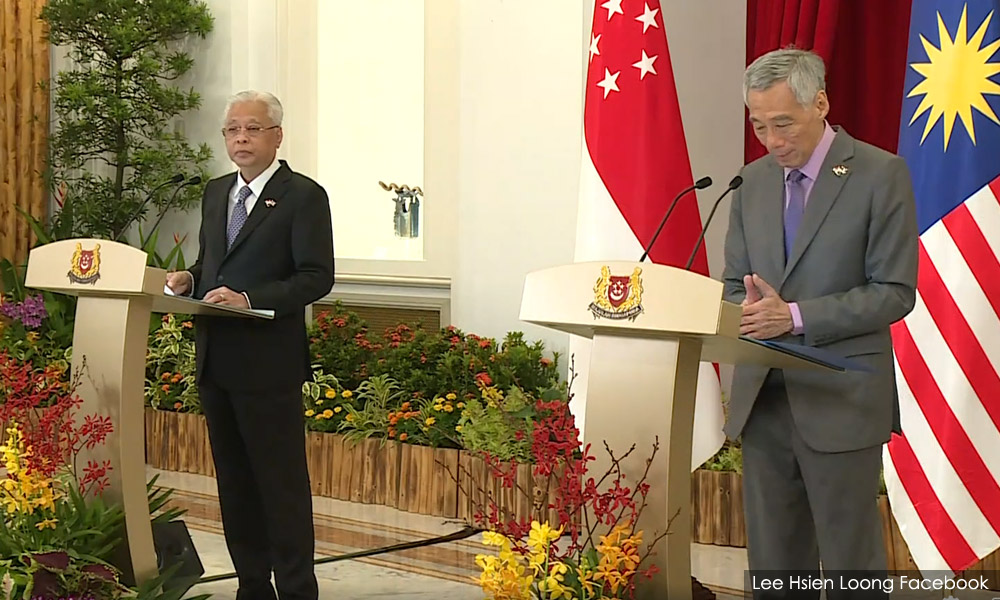

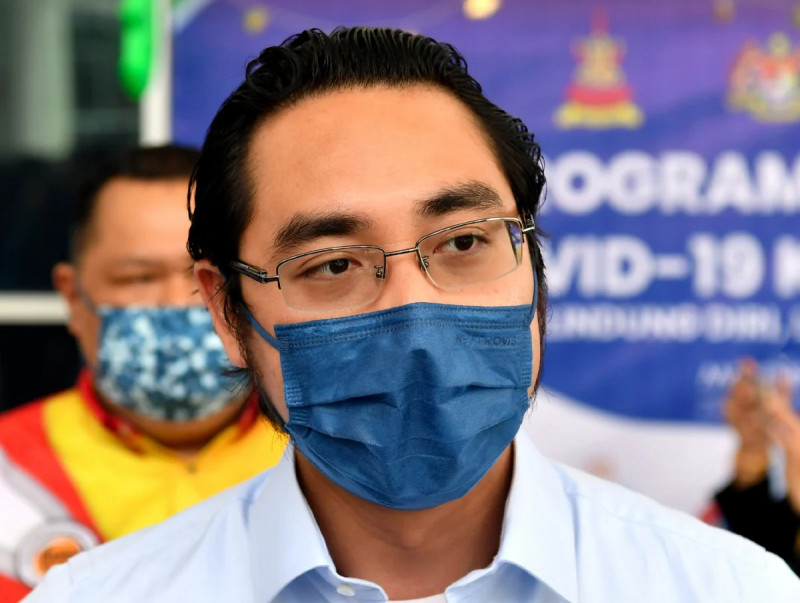
.jpg)